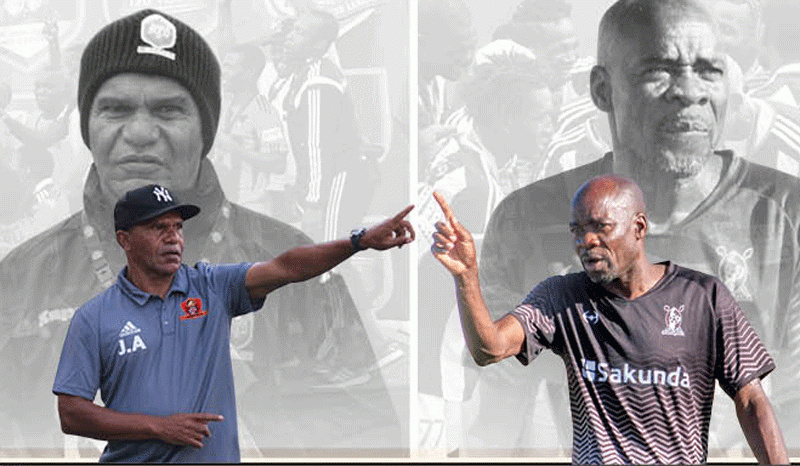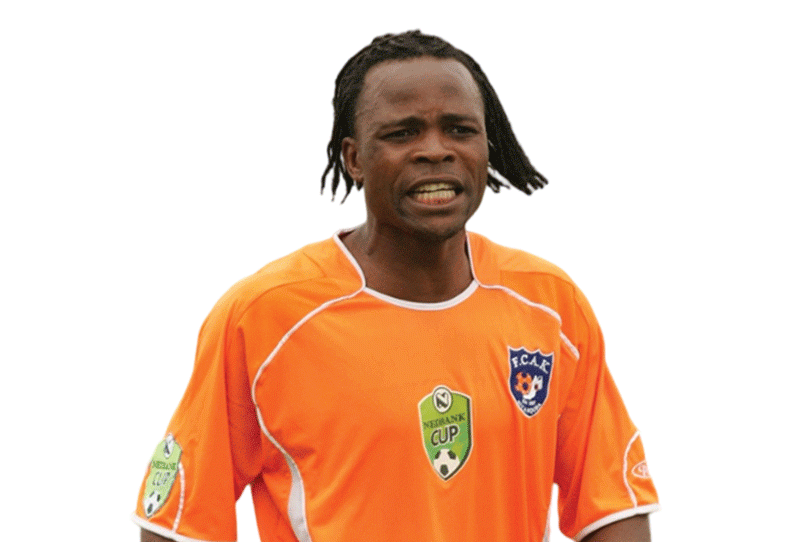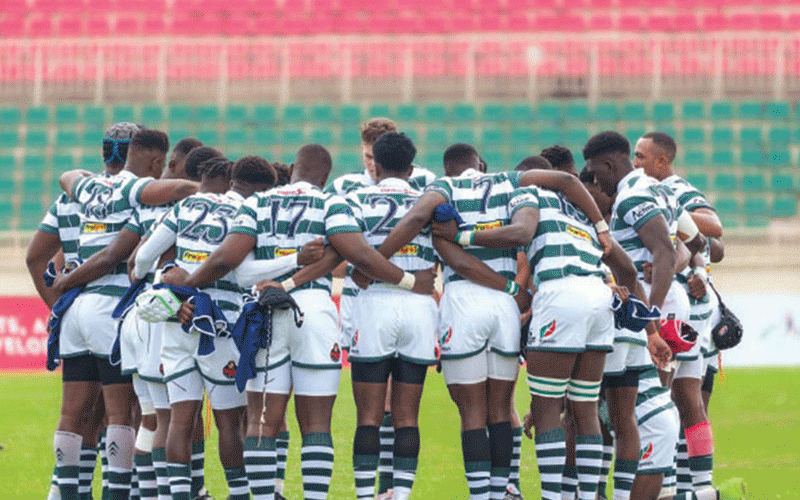
FORMER Highlanders captain Dezidelio “Walker Texas Ranger” Kapenya remembers with pride how he forced clubs in Zimbabwe to effect the landmark 1995 Bosman ruling that revolutionarised soccer contracts in Europe.
REPORT BY ALBERT MARUFU
The 2002 Soccer Star of the Year, now coaching little known Emakhandeni Primary School in Bulawayo, together with Blessing Gumiso and Thabani Masawi, challenged Highlanders’ decision to block their move to Sporting Lions at the start of the 2003 season.
Citing the Bosman ruling which was handed in Europe eight years earlier after Belgian midfielder Jean-Marc Bosman took to the courts contesting his local club RFC Liege’s refusal to let him join French side Dunkerque, the local Arbitration Court ruled in favour of the trio.
The Bosman ruling allowed soccer players to leave their clubs for free upon the expiry of their contracts.
Despite the fresh breeze of change that was blowing across the European football landscape, Zimbabwe chose to resist change.
“During that time, not many local players knew about the importance of a contract because there wasn’t much player movement that time. I only got to know that I no longer had a contract with Highlanders when I wanted to join Sporting Lions in 2003,” said Kapenya.
“Highlanders did not want us to leave and we had to spend nearly half a season on the sidelines, as the matter was being deliberated in the courts. It was painful, but I was happy when the Arbitration Court ruled in our favour. That decision was a victory for all local players as it led to the effecting of the Bosman ruling in Zimbabwe.”
- Chamisa under fire over US$120K donation
- Mavhunga puts DeMbare into Chibuku quarterfinals
- Pension funds bet on Cabora Bassa oilfields
- Councils defy govt fire tender directive
Keep Reading
Ironically, Dezidelio’s brother John, was also to be at the centre of another contractual wrangle between Highlanders and Motor Action at a later stage. But why did he make the “diabolical” decision to leave Bosso, the team that had given him fame?
“In Europe a player makes a big money move from a smaller club to a bigger club, but in Zimbabwe it is the opposite. It is because in most cases small teams pay better. Sporting Lions bought me a house in Bulawayo. I could not have bought it with my salary at Highlanders,” he said.
Though his stay at Sporting Lions was financially rewarding, it was shortlived as he joined South Africa’s Manning Rangers in the 2004/05 season.
Kapenya speaks on foreign moves
Dezidelio Kapenya reckons that if a player move to a foreign team, the first year should be used as an adaption period.
“I think that the first season for a player in a foreign land should be adaptation period, but that was not the case in my situation as Manning Rangers got relegated. That’s the reason why I think Bidvest Wits player Denver Mukamba will be a hit in South Africa despite failing to command a first team jersey in his first season,” he said.
Like the football journeyman that he became, Kapenya came back home, but committed another “sin“ in the eyes of Highlanders fans by joining rivals Dynamos in 2006.
“I could have rejoined Highlanders, but they had a number of good defenders at that time. Sunday Chidzambwa called me offering me a chance to play for Dynamos and I accepted,” said the father of three girls.
Dazzy rejoins Bosso
Dezidelio Kapenya however returned to Highlanders in the second half of the 2006 season and won the club’s last championship.
“My wife Nosizi fell sick and Highlanders understood the need for me to come back to Bulawayo. I am happy that I won my fifth championship with the team that year,” said Kapenya.
Kapenya also spoke of his time with the Warriors, when they made their debut appearance at the 2004 Africa Cup of Nations.
“I think we could have won the game against Cameroon had we not given their players all the unnecessary respect,” said the CAF Level C coaching certificate holder. Kapenya, who joined Highlanders from Corrugated in 1996, subsequently hung up his boots in 2007 after a season at the then Southern Region Division One side, FC Windermere.
“Not many players are able to reach the age of 40 in Zimbabwe. This is mainly because of lack of financial gains in local football and players opt to look for other alternatives. That is why I stopped playing at the age of 31 in 2007,” said the 37-year-old.
Kapenya said he is not in a rush to coach in the Premiership and would wait for the right time when the services of fresh ideas would be needed.











